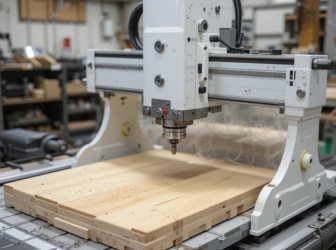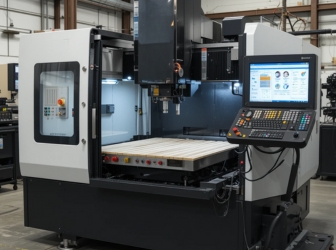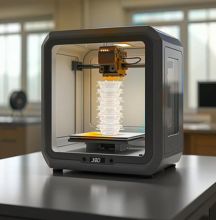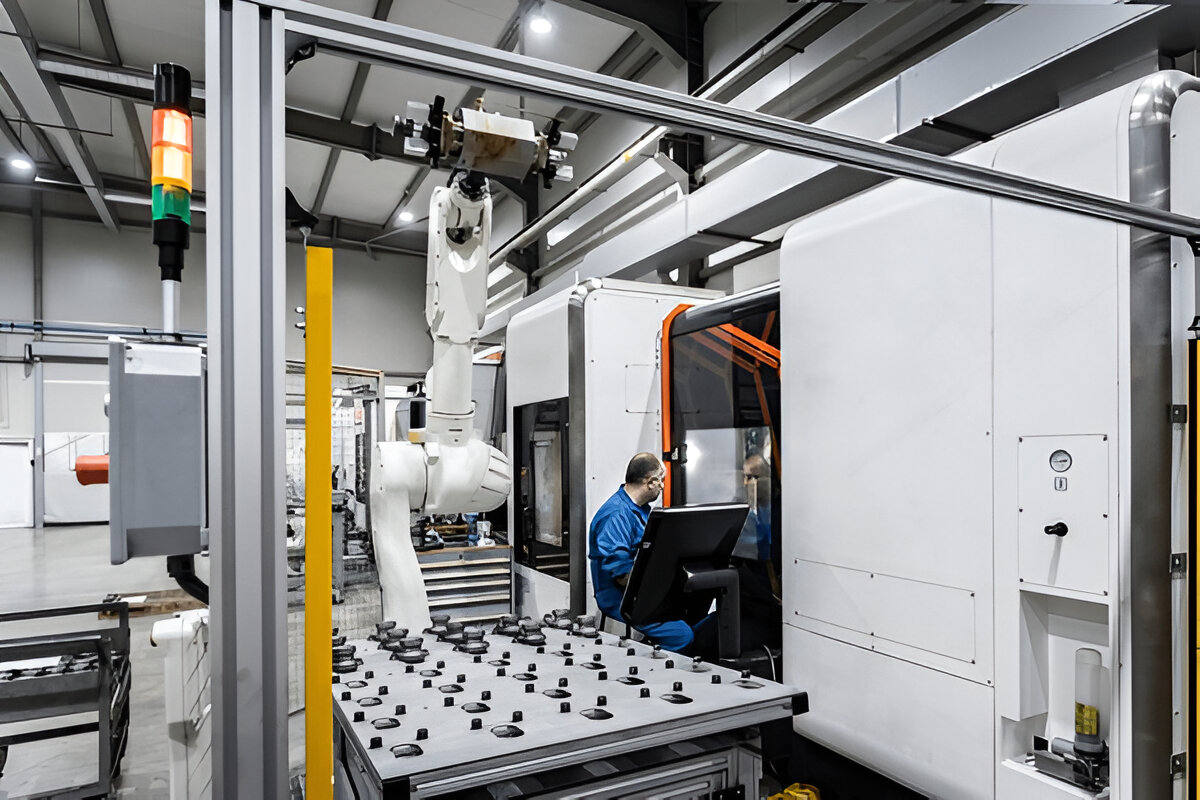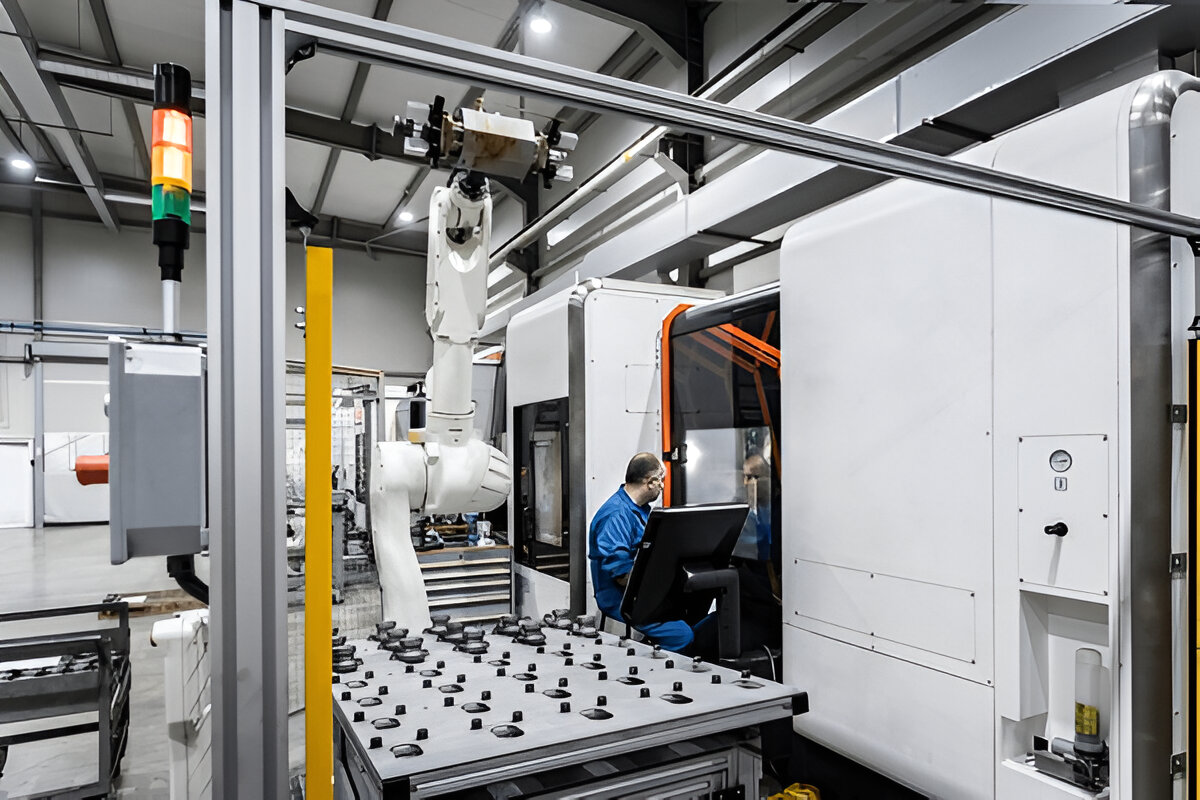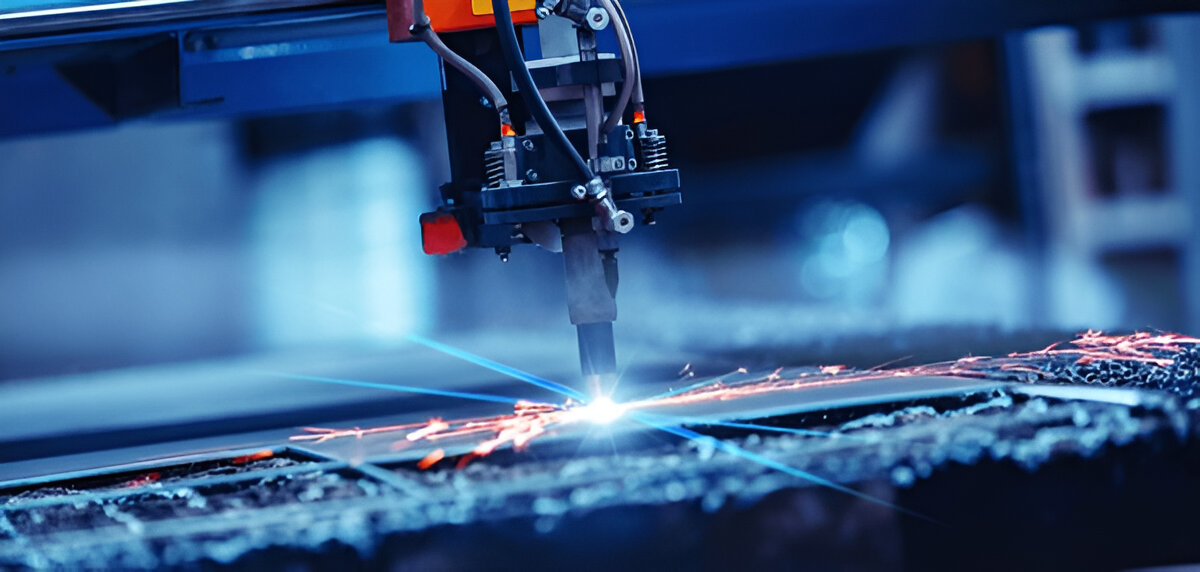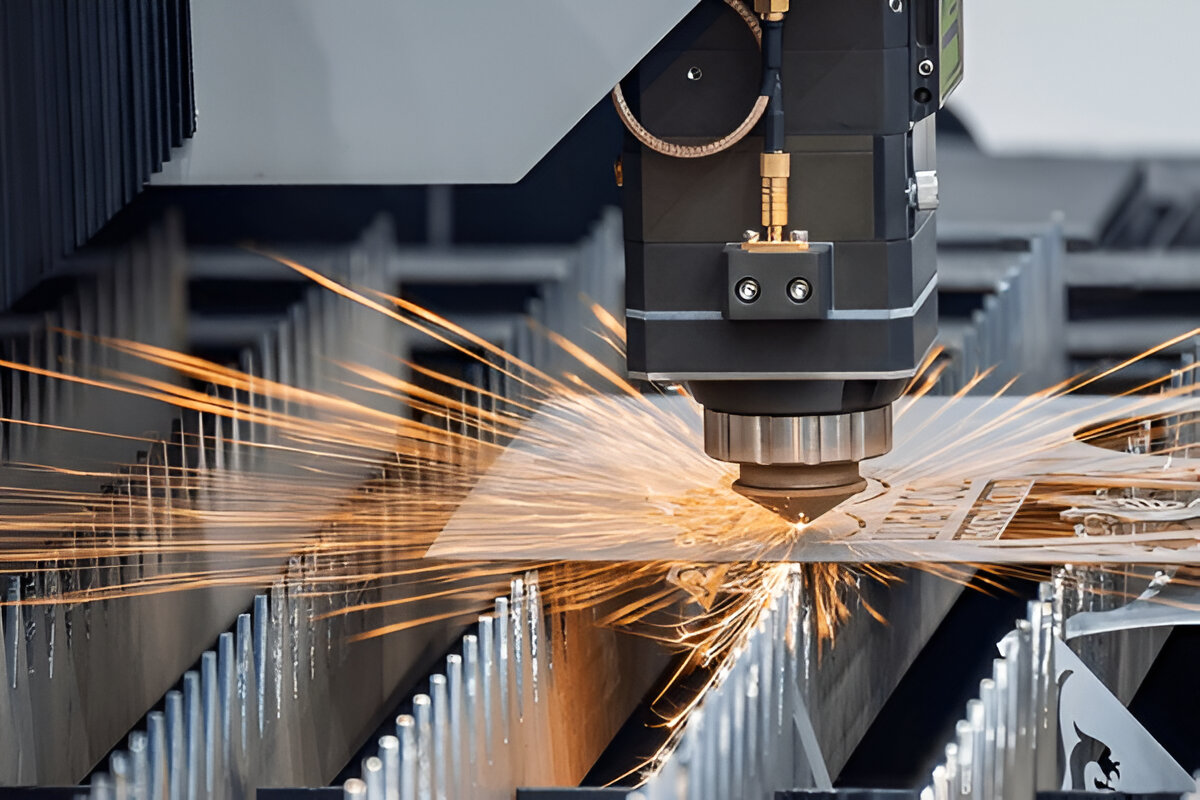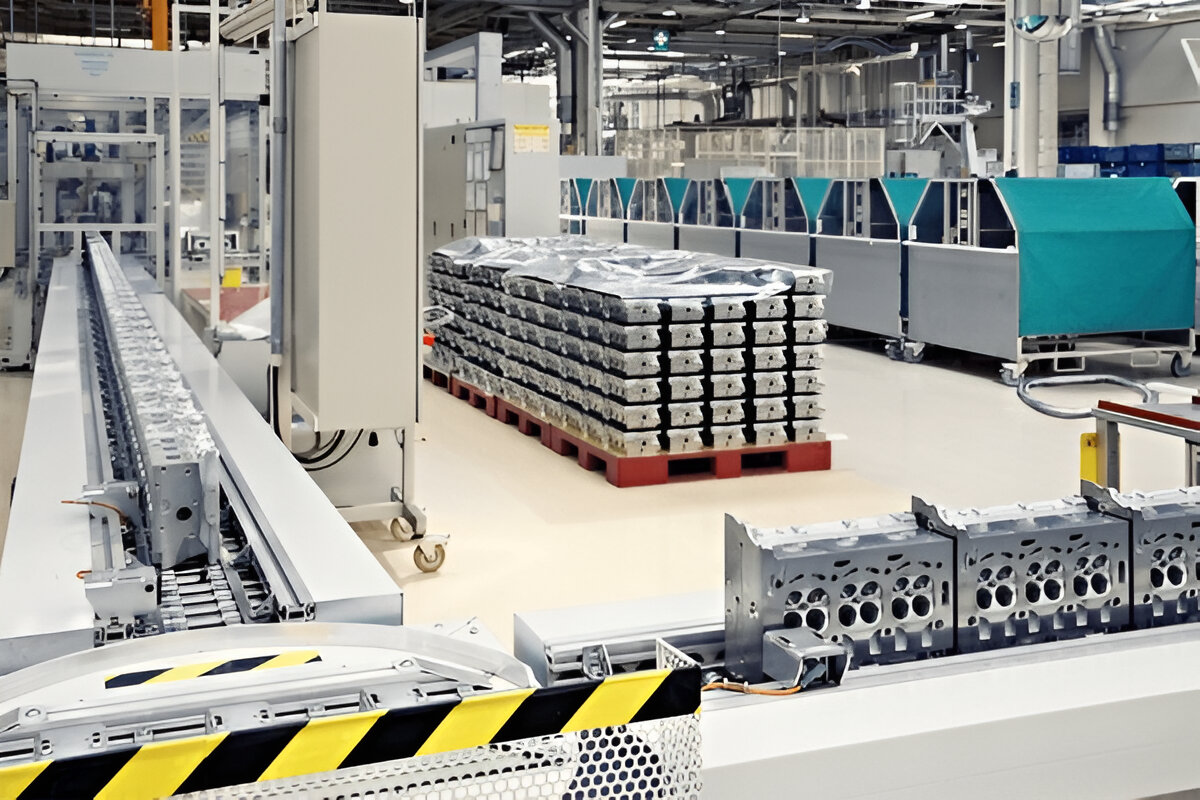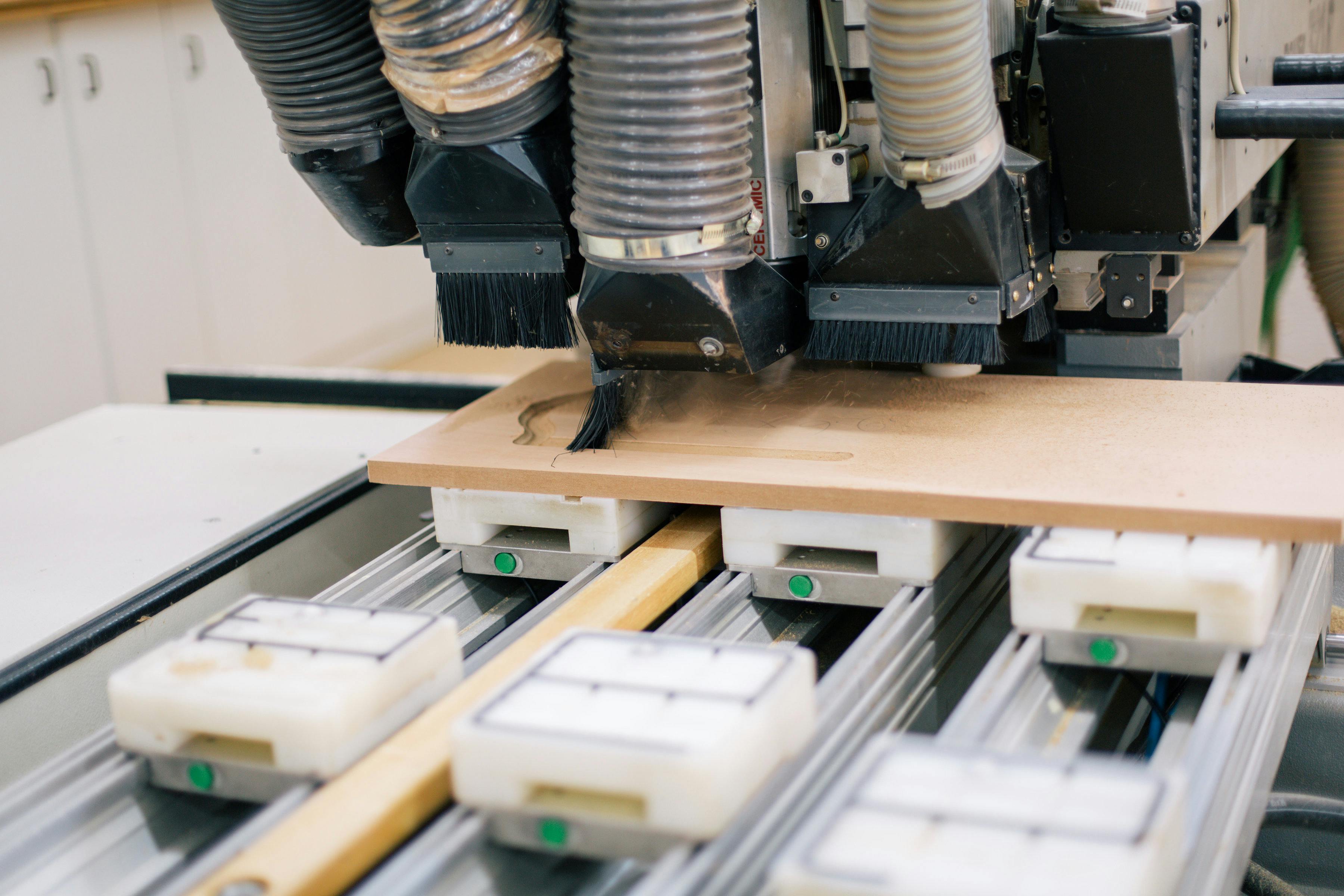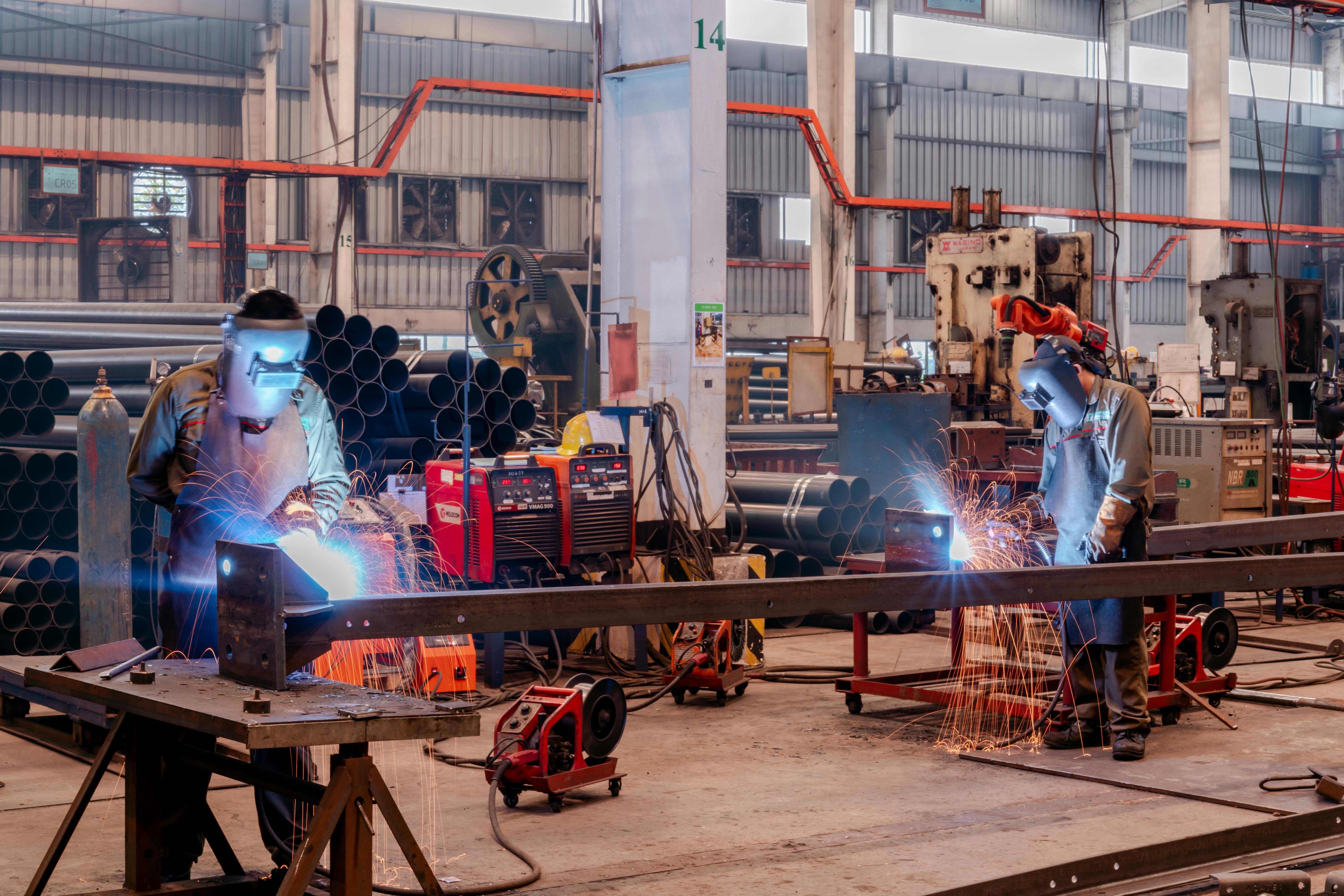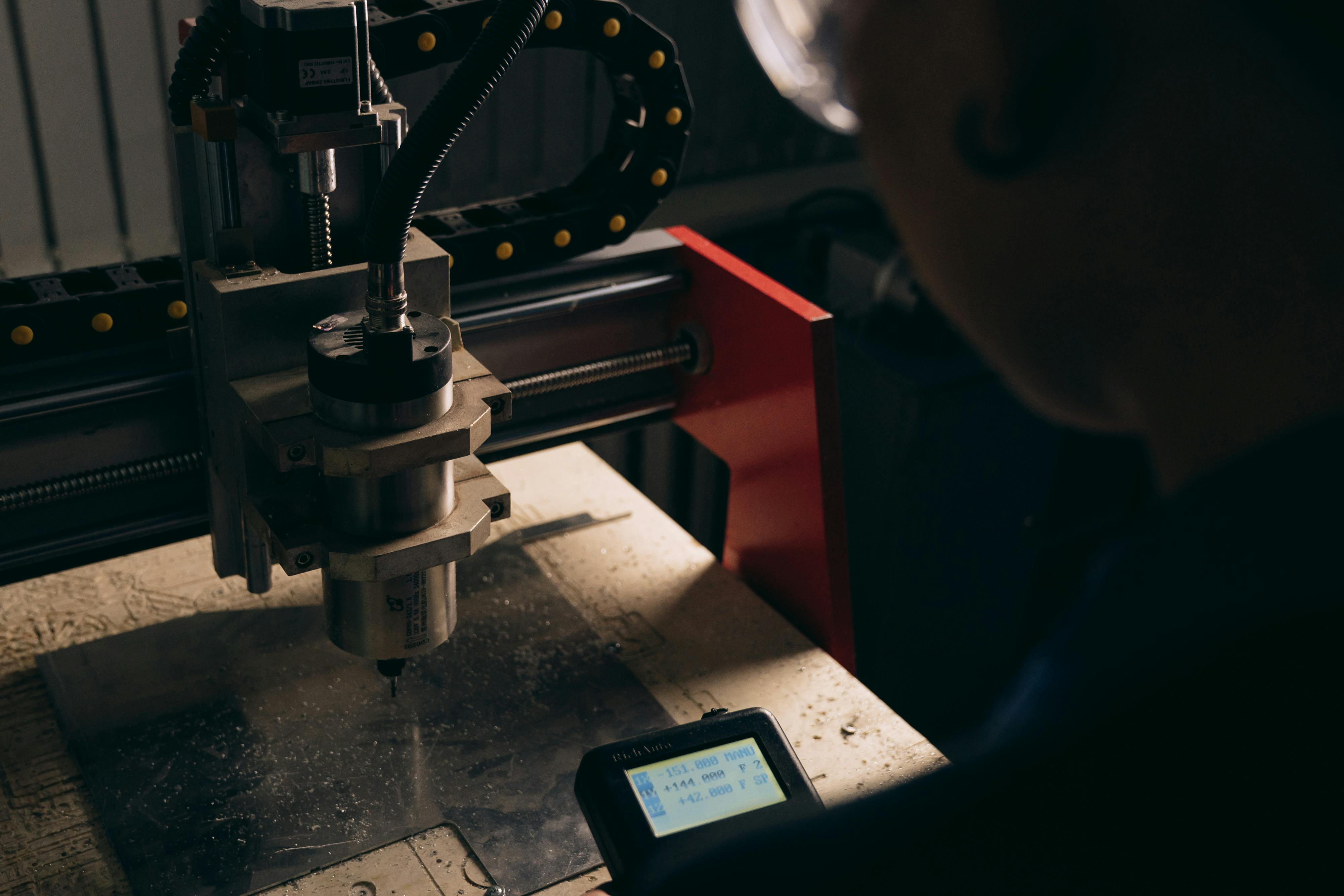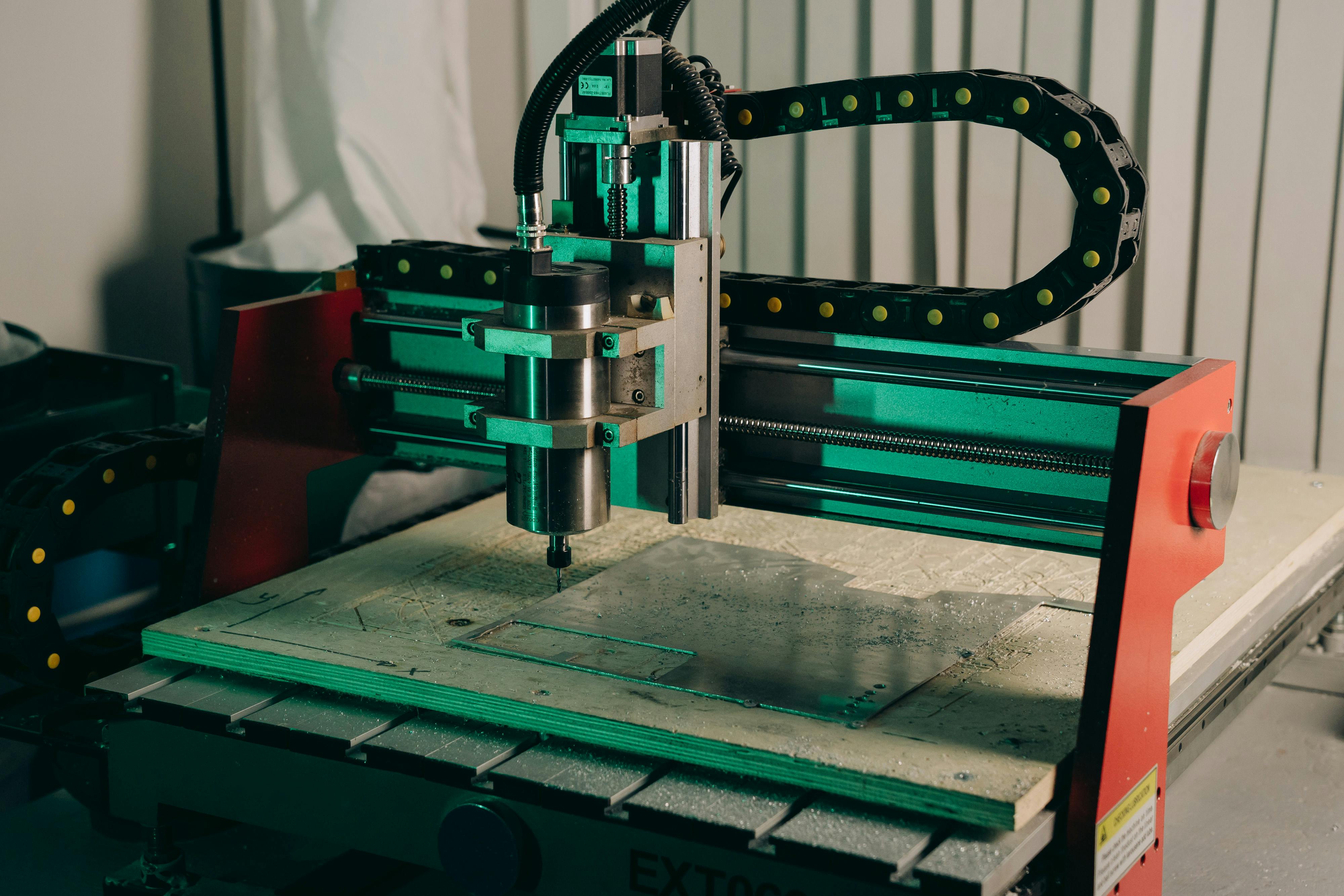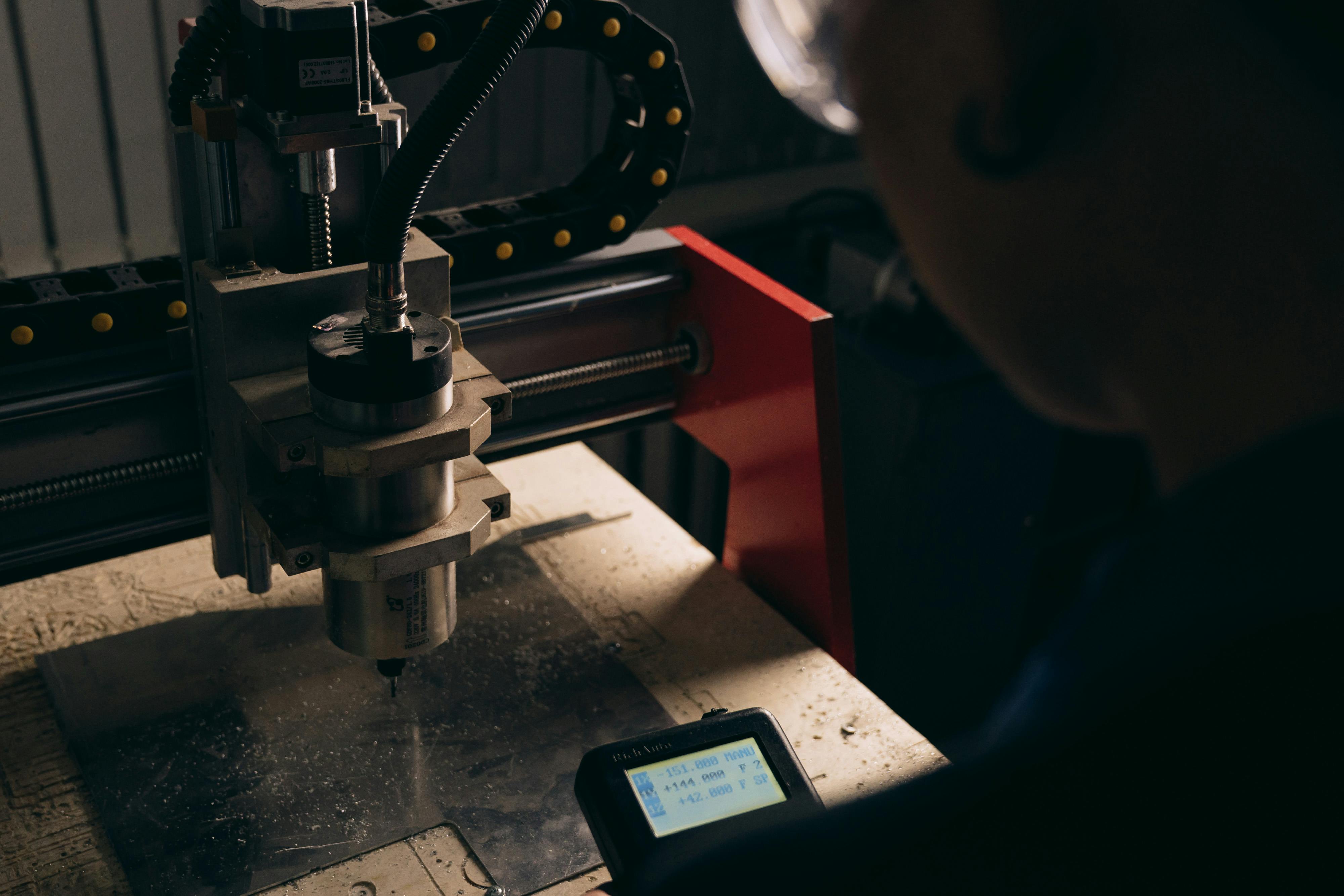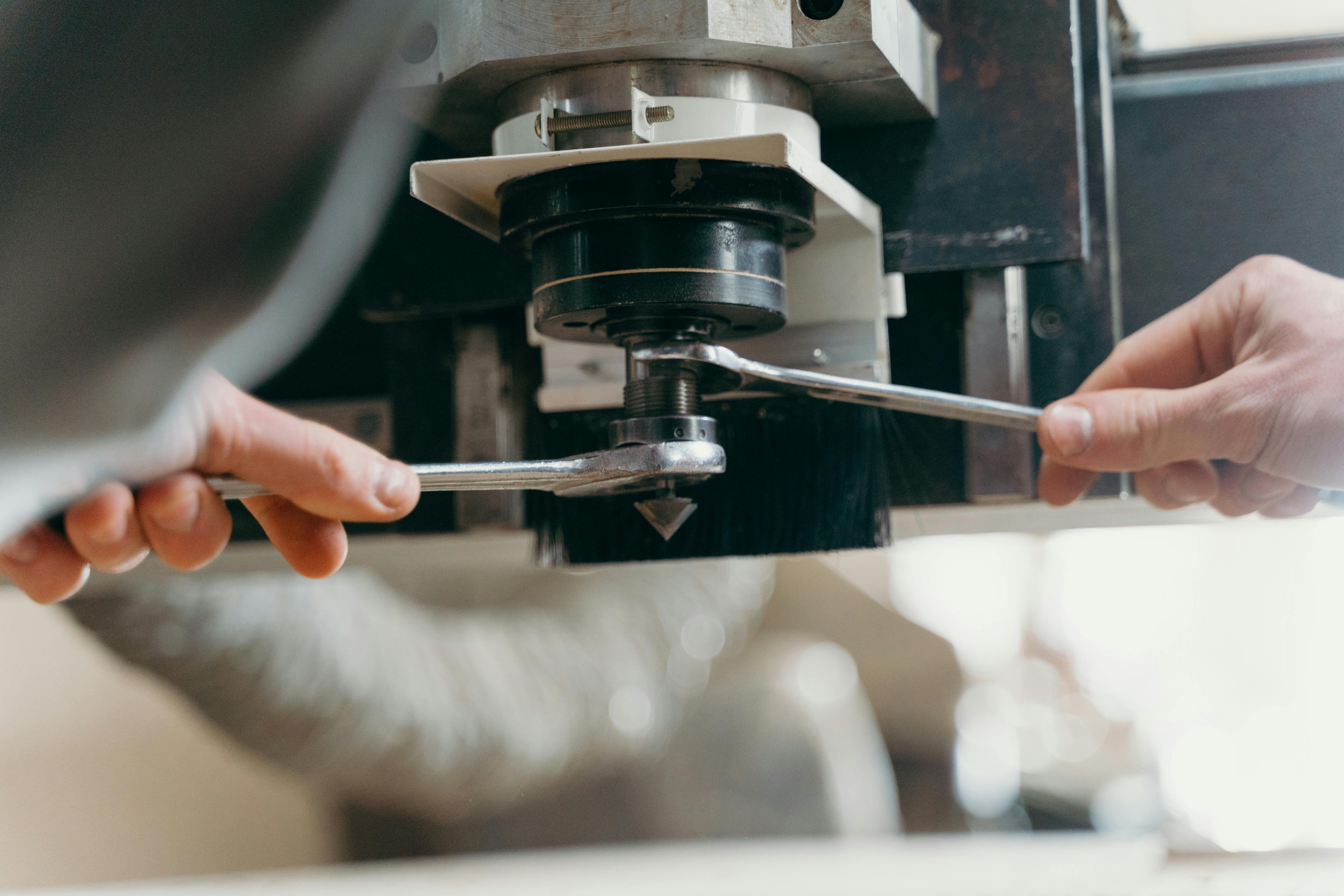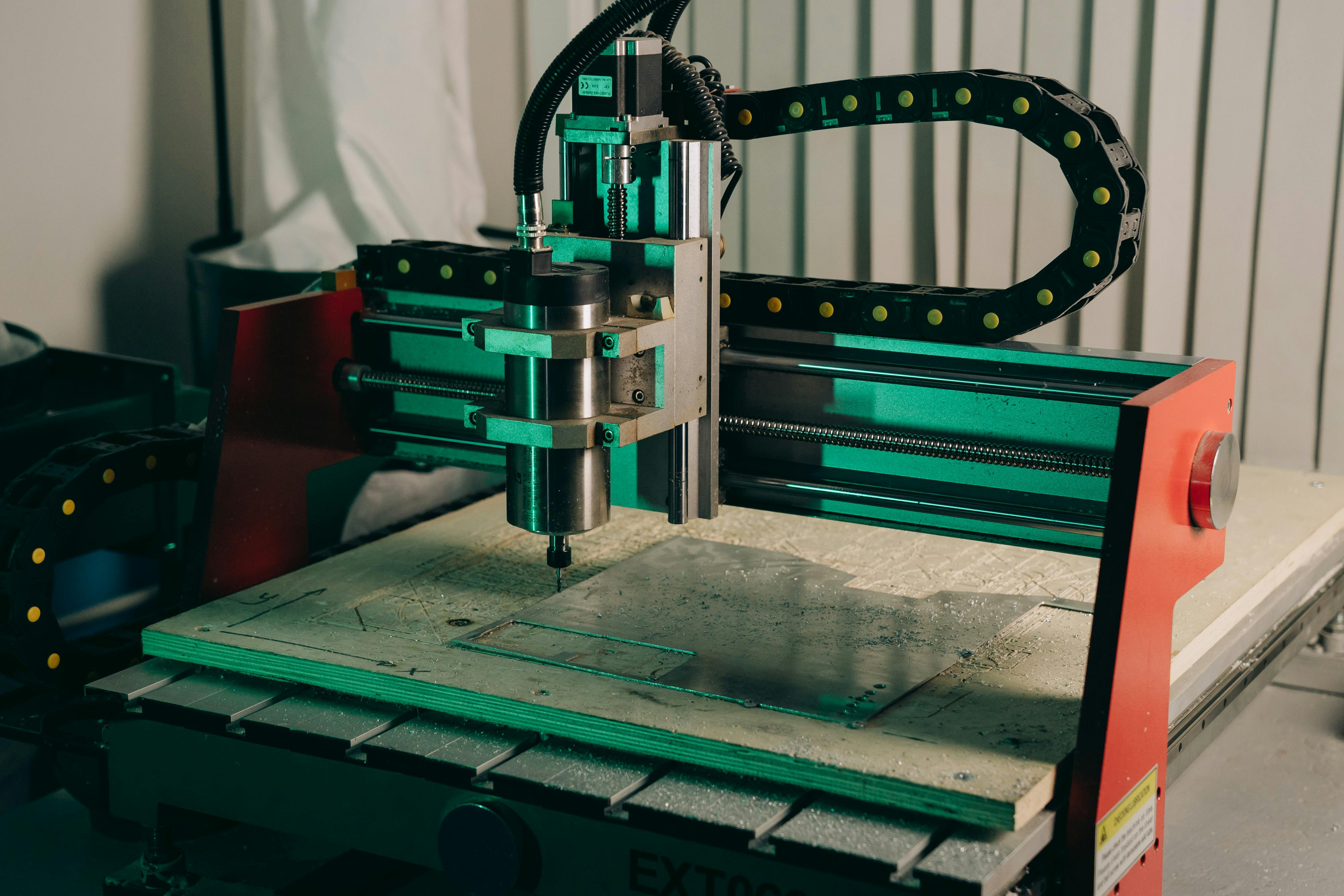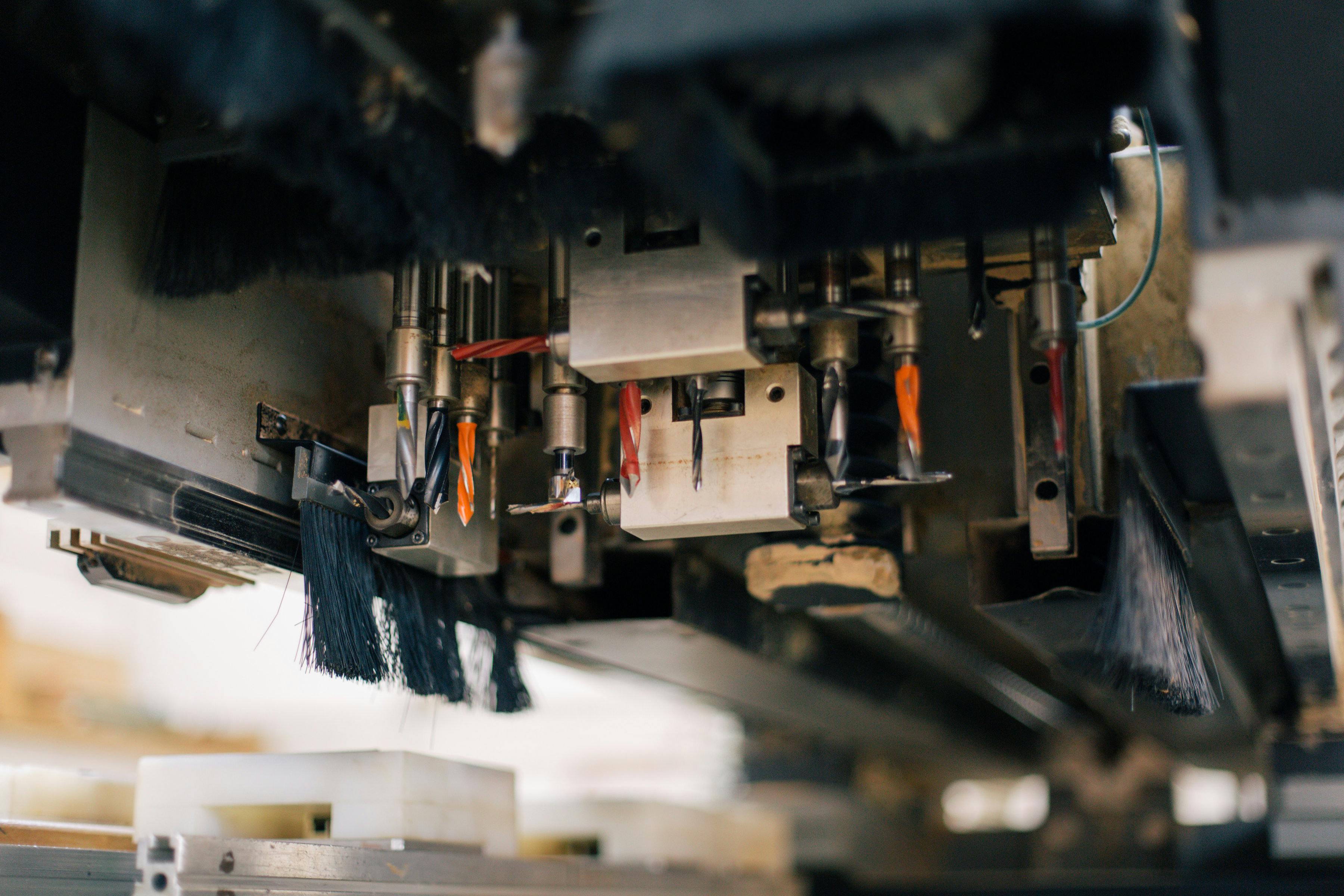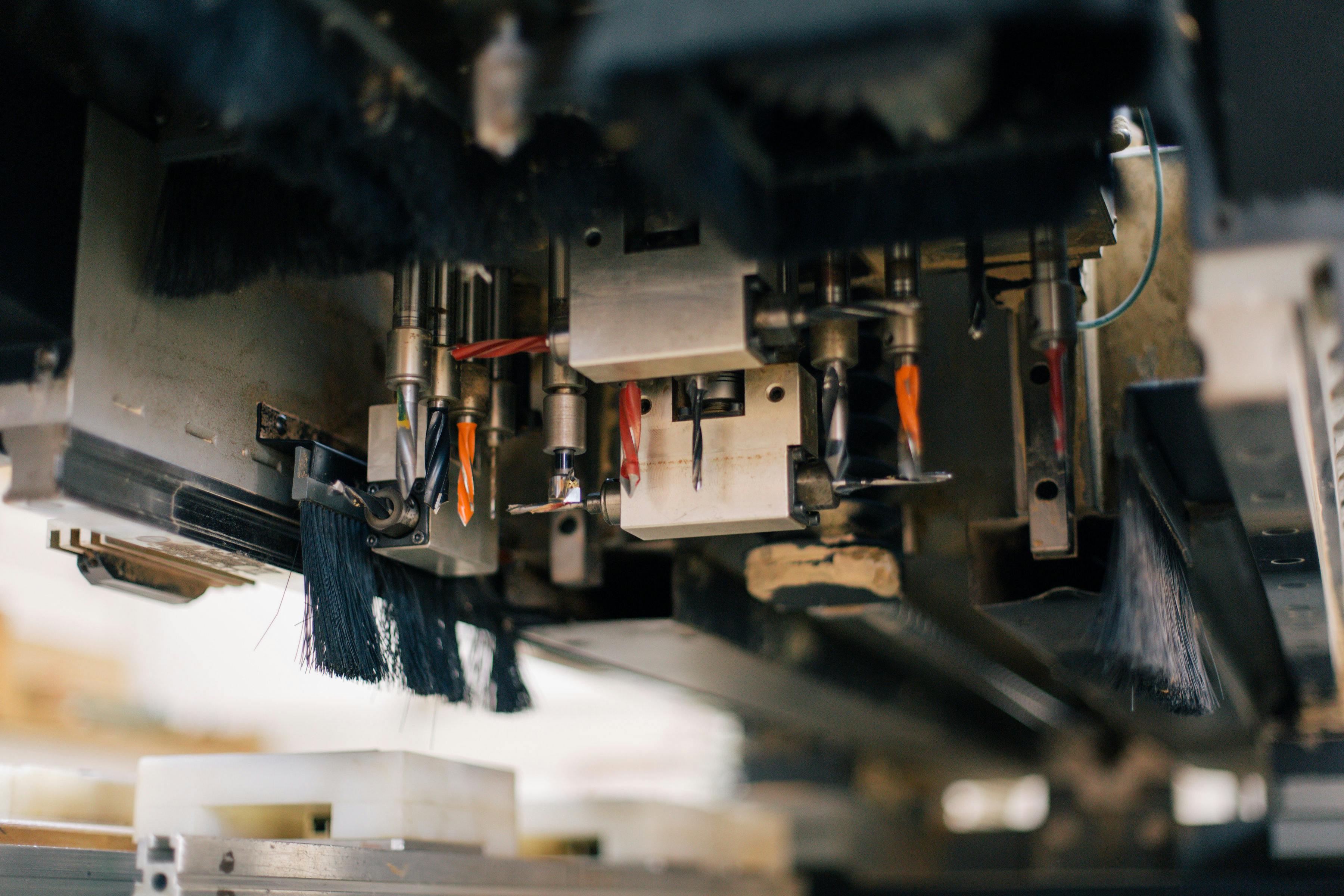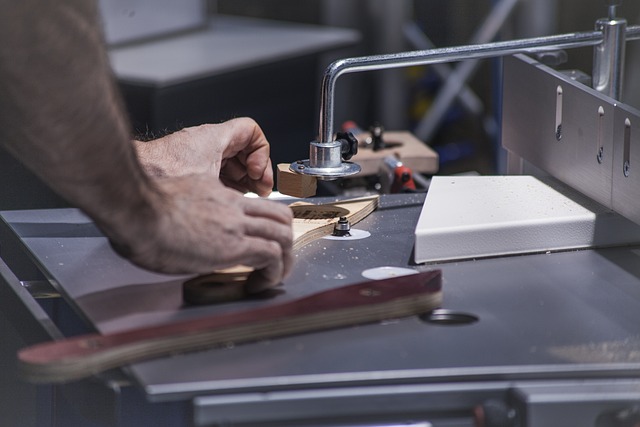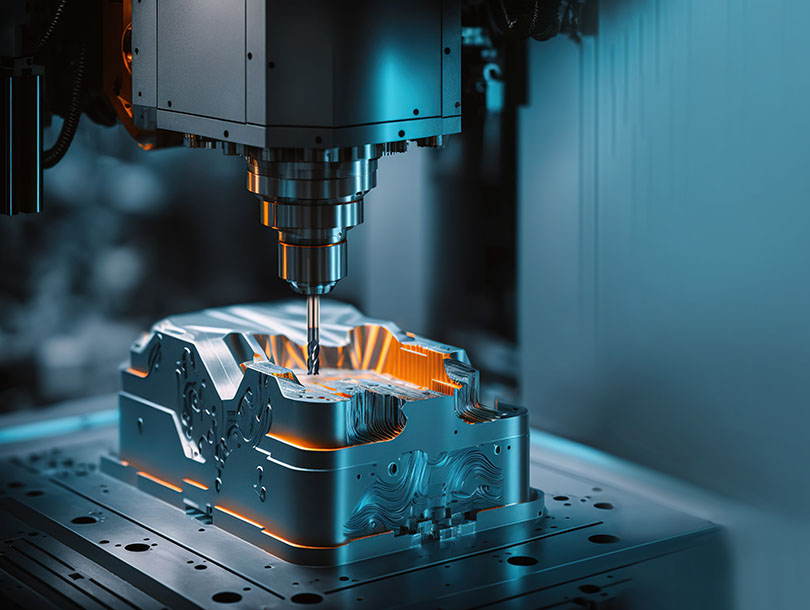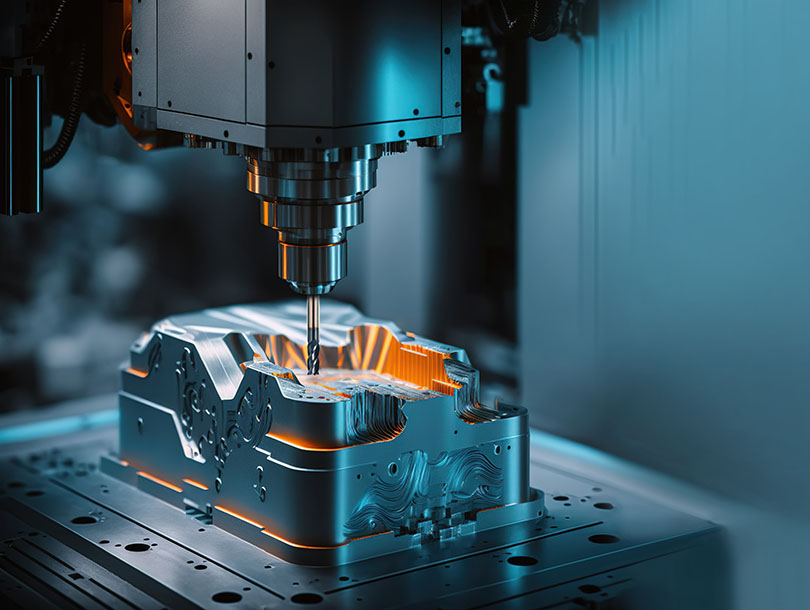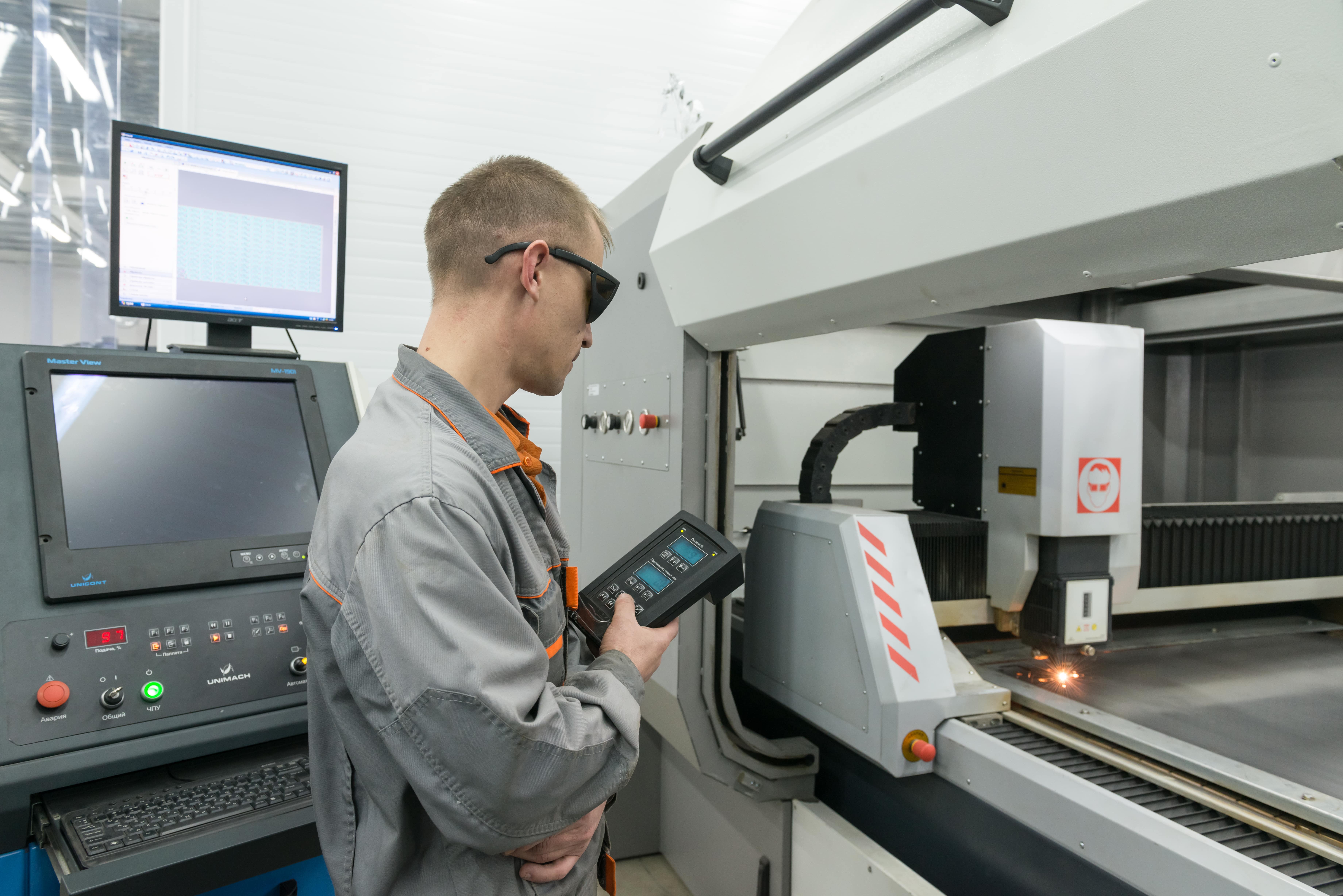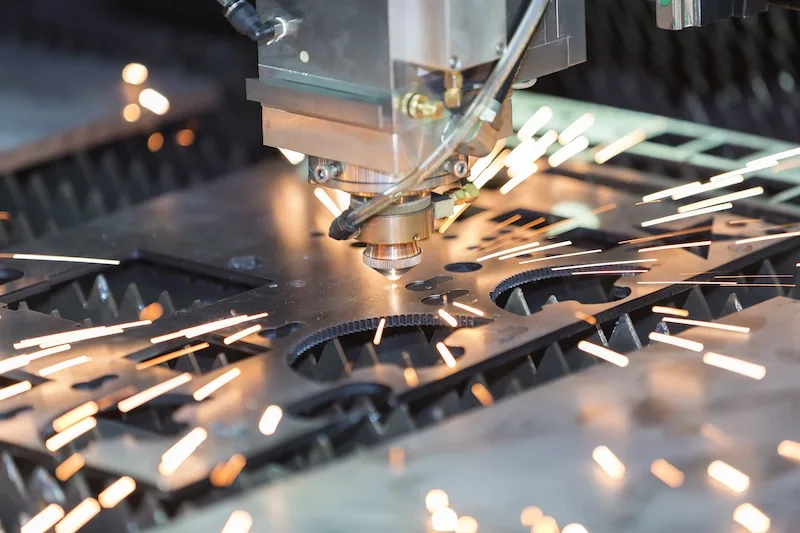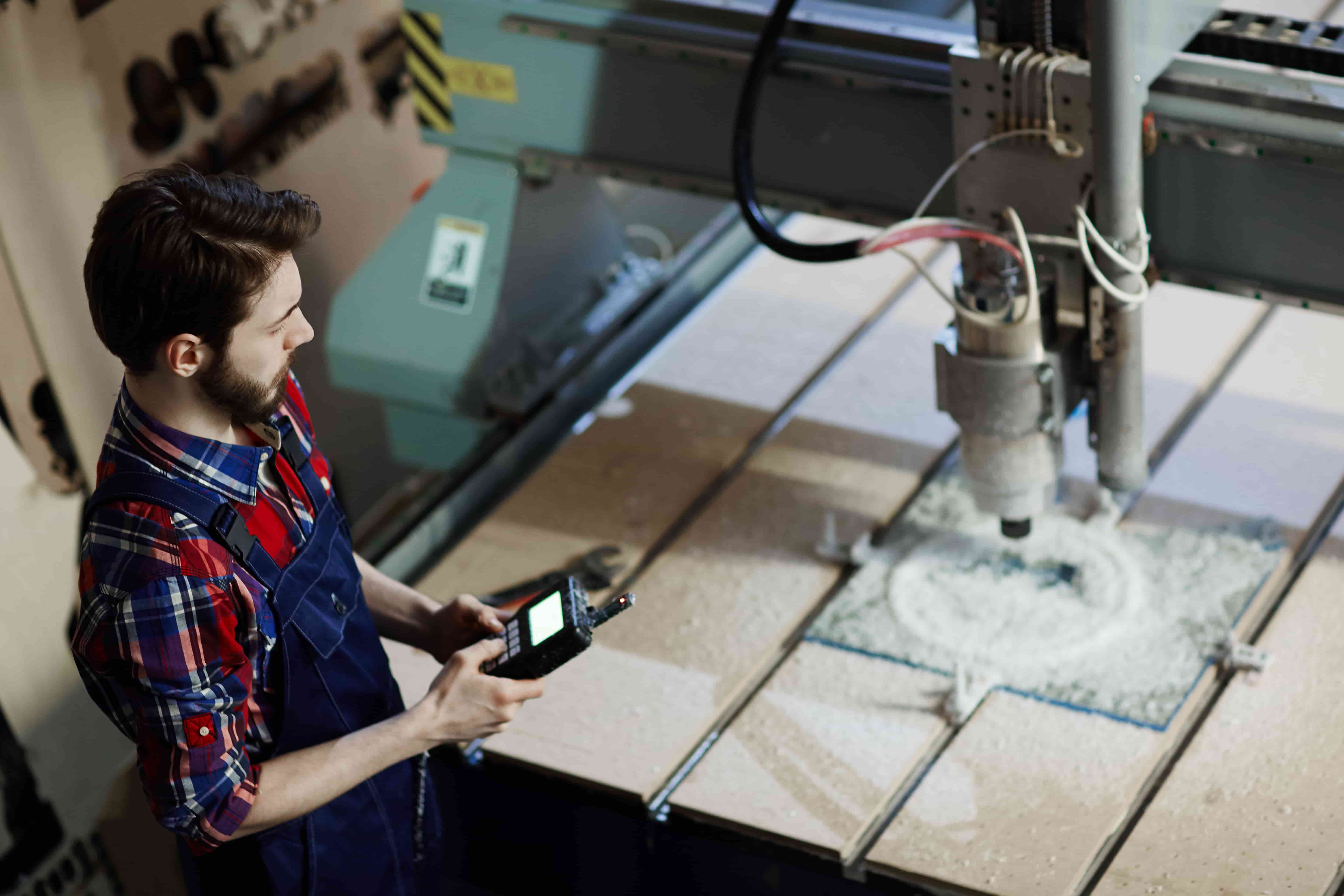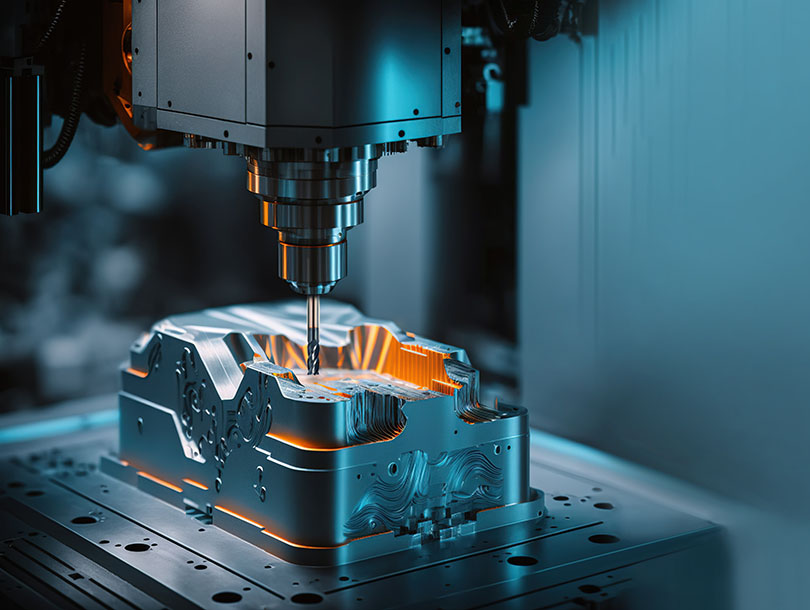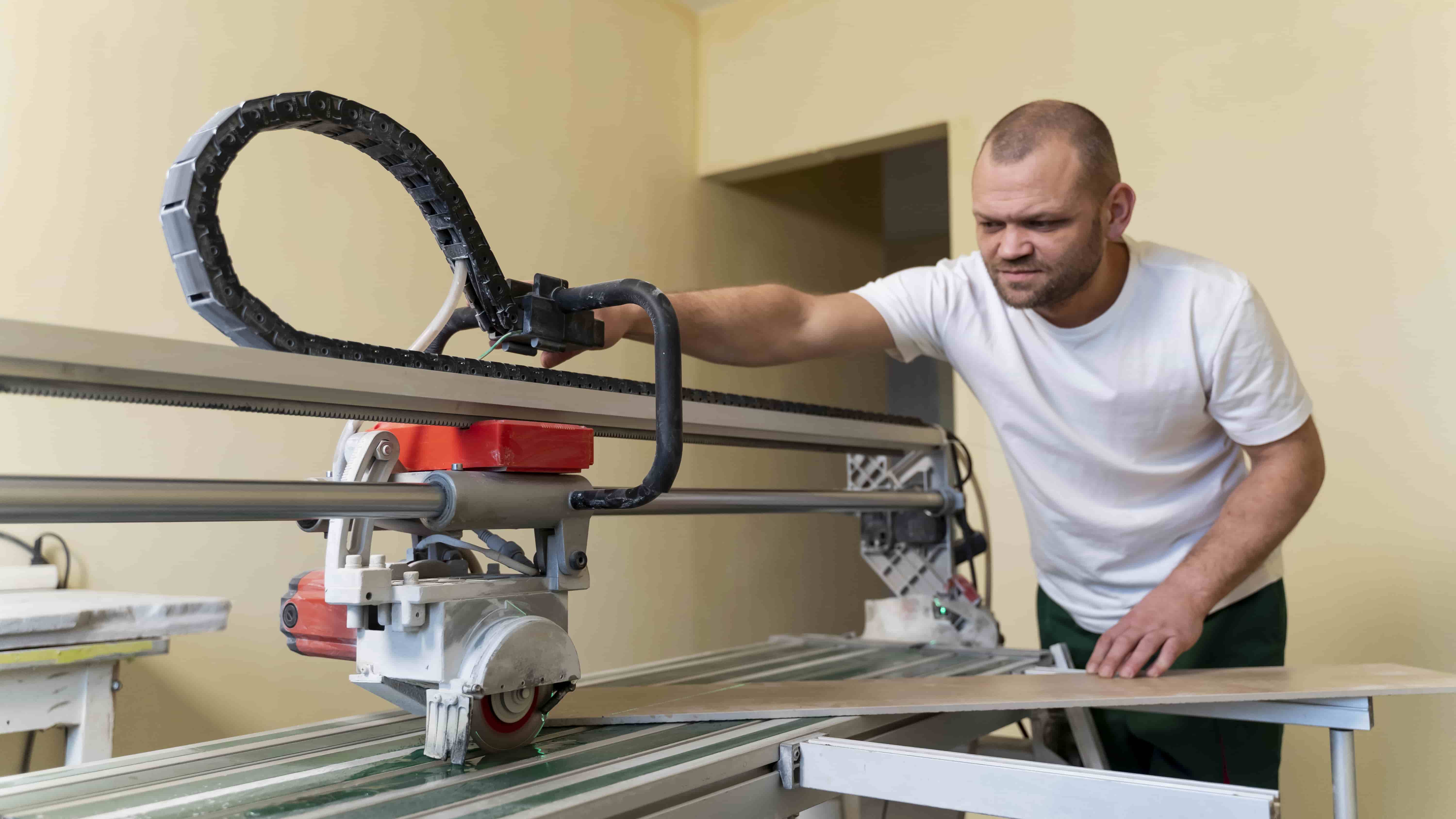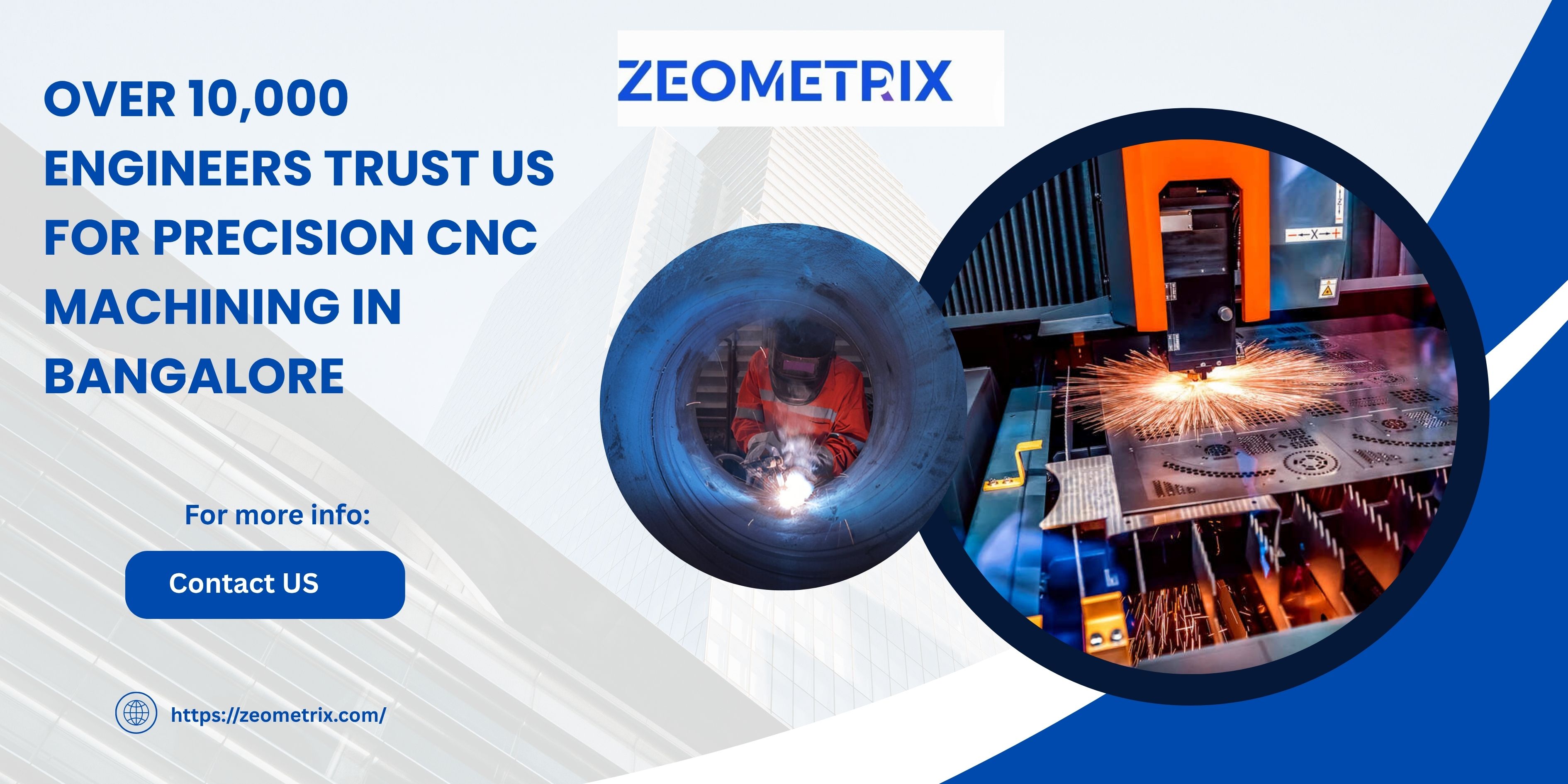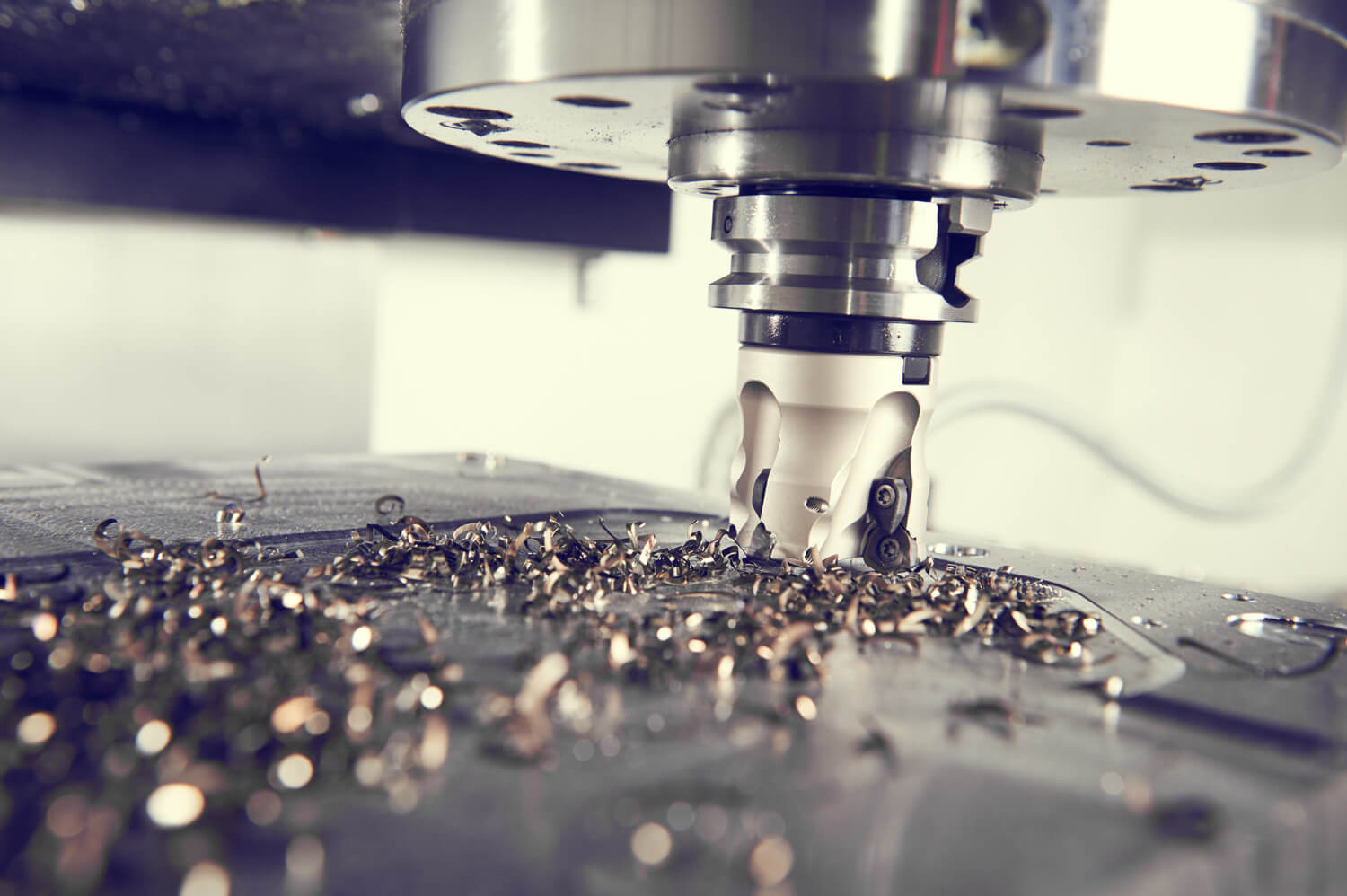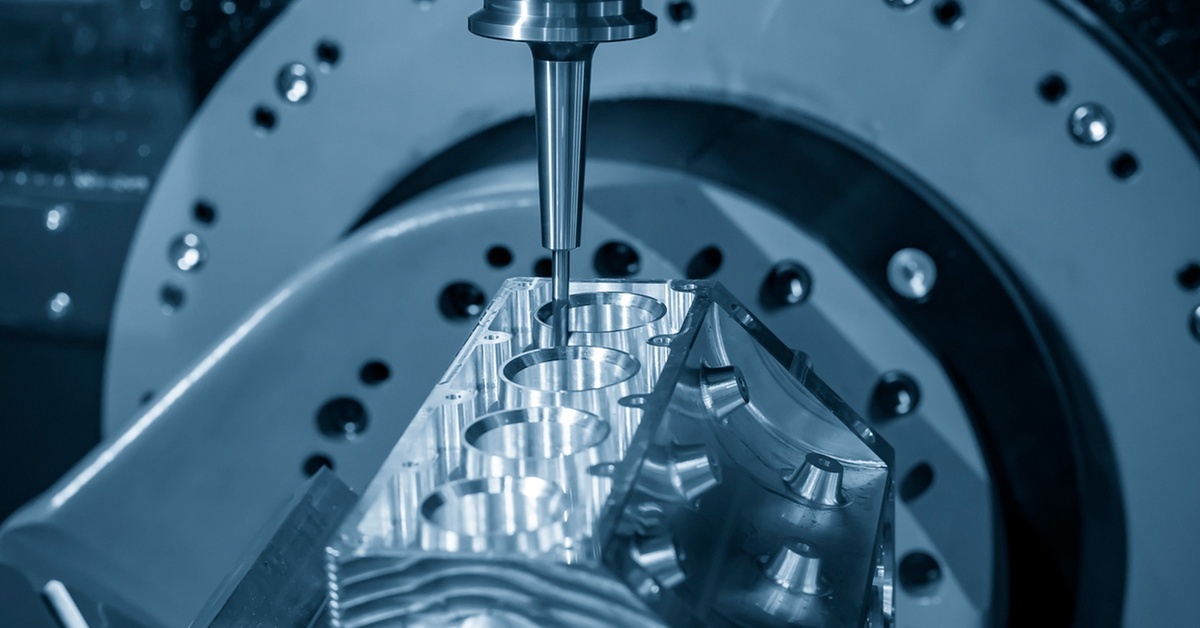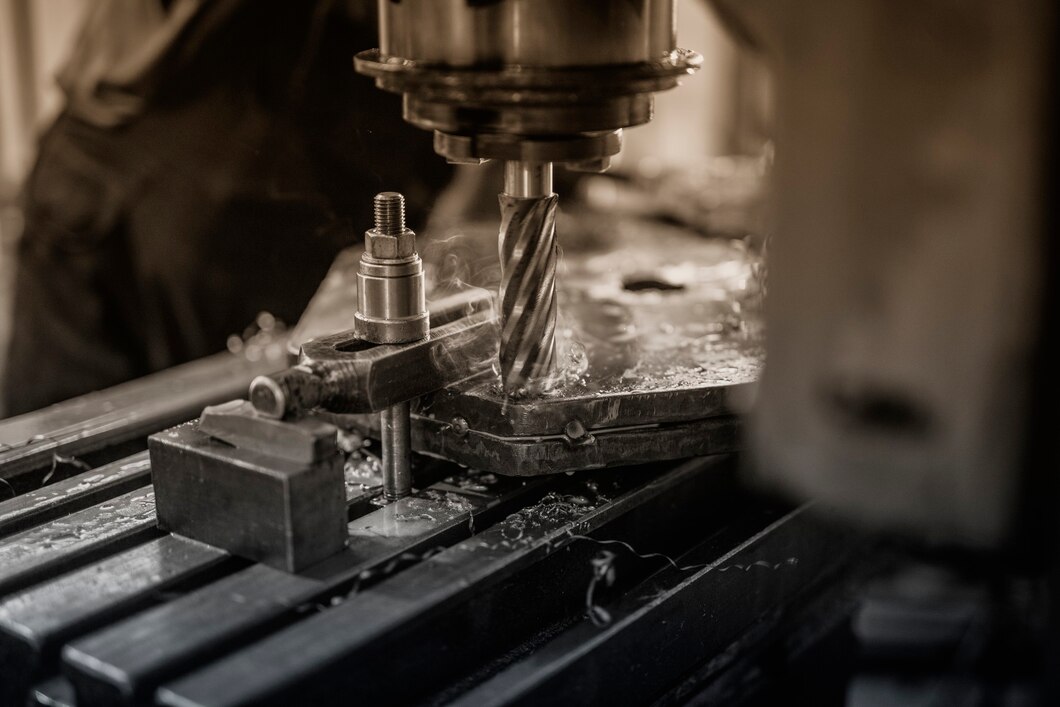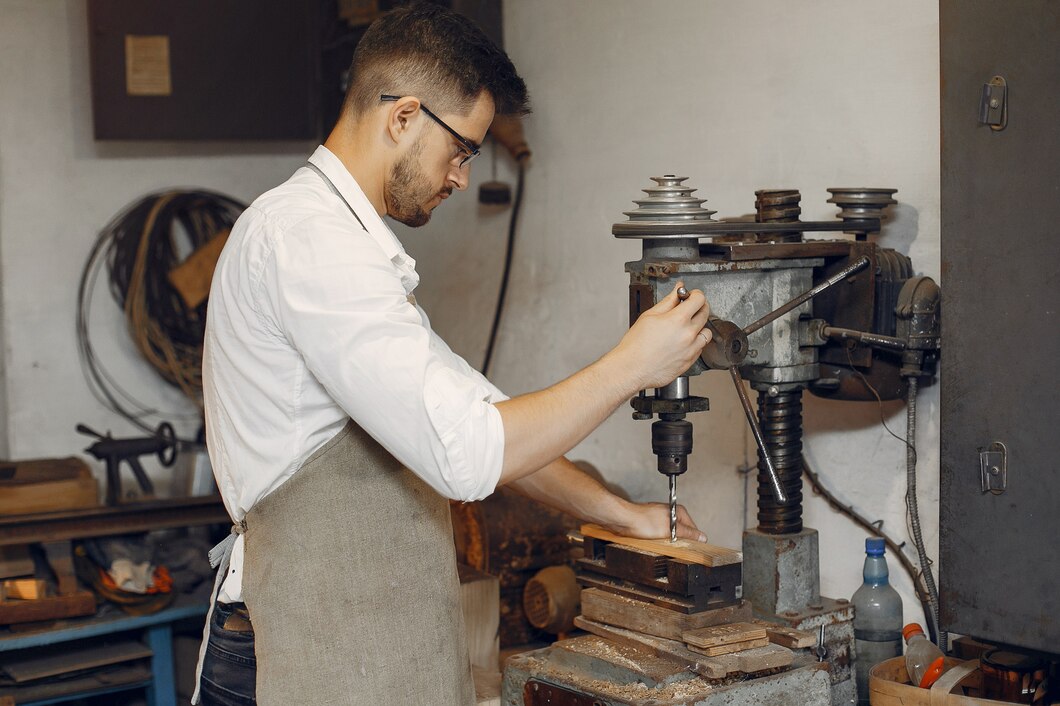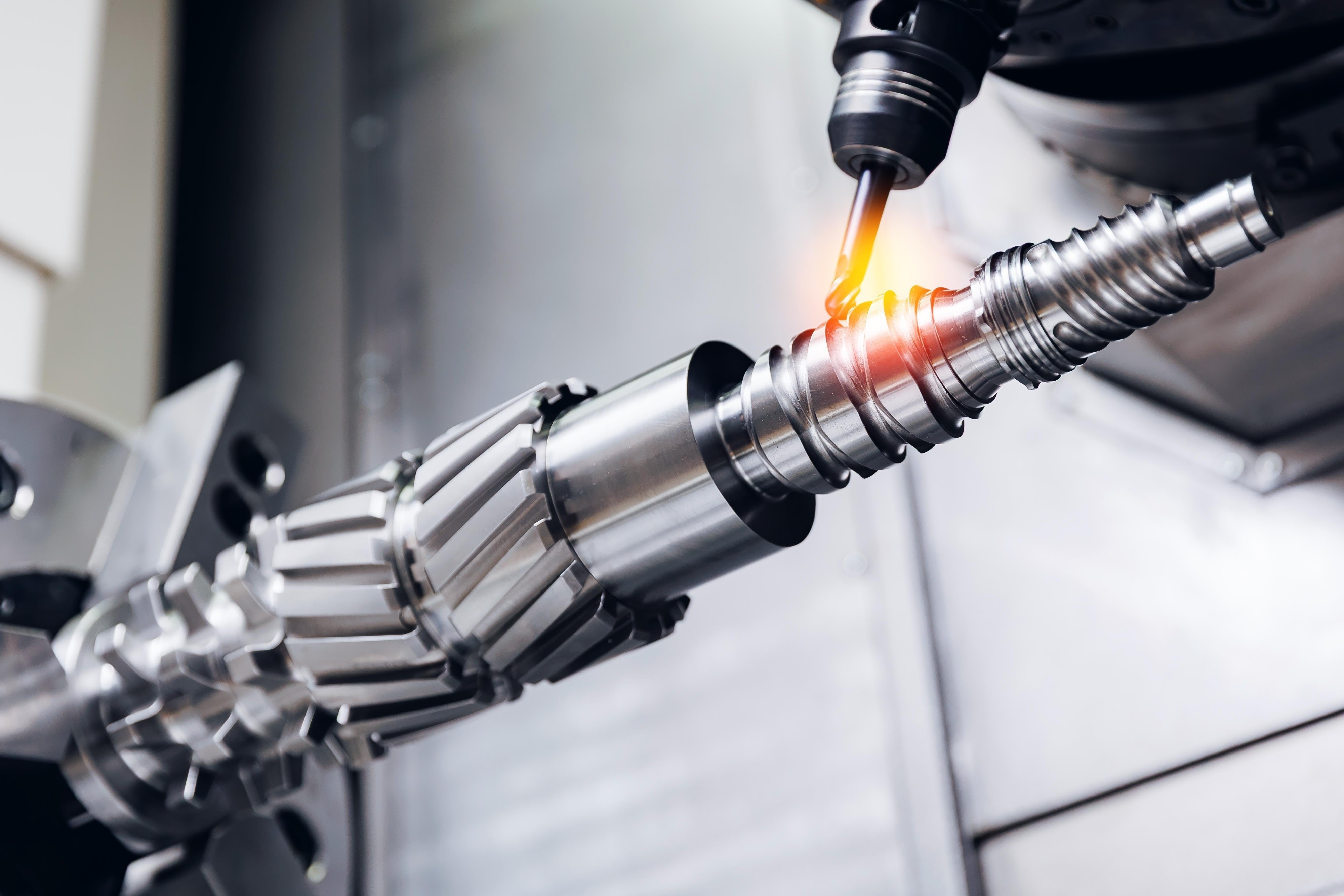Top CNC Machine Manufacturers in Bangalore – The Ultimate Comparison Guide
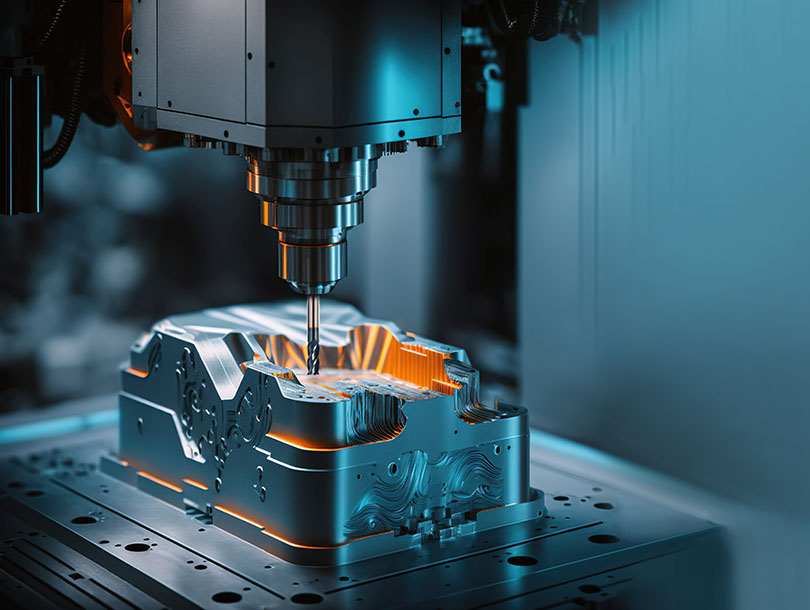
If you're looking to buy CNC machines Manufacturer in Bangalore whether vertical machining centres (VMCs), turning centres, routers, or multitasking systems Bangalore has many options. But not all are equal. This guide will compare the leading manufacturers, criteria for evaluating them, typical offerings, and how to choose based on your application. If you're looking to buy CNC machines—whether vertical machining centres (VMCs), turning centres, routers, or multitasking systems—Bangalore has many options. But not all are equal. This guide will compare the leading manufacturers, criteria for evaluating them, typical offerings, and how to choose based on your application.
1. Major CNC Machine Manufacturers in Bangalore: Who’s Leading
Here are some of the well‑established manufacturers and important names in the CNC machine space in Bangalore. Their reputations, product‑depth, track record, and market presence often give them an edge.
| Manufacturer | Key Strengths / What They Specialize In | Typical Products / Machine Types | What Their Customers Say / Market Position |
| Zeomertix | One of the oldest machine tool companies in Bangalore. Good reputation, broad portfolio, strong after‑sales network. | VMCs, horizontal & vertical machining centres, turning centres, special‑purpose CNC machines. | Known for reliable machines, good build quality. Sometimes lead times and costs are higher compared with smaller competitors. |
| Ace Micromatic Group | Very large presence, strong support, and wide range. Good capability with automation and special‑purpose machines. | CNC turning machines, VMCs, multiaxis machines, grinders etc. | Strong brand, good service, good for scale and where reliability matters. |
| Lakshmi Machine Works (LMW) | Not always strictly in Bangalore for manufacturing, but known nationally. Excellent build, longer history. | Turning centres, VMCs, multiaxis solutions etc. | Premium pricing, but good for companies that want higher precision and durability. |
| Jyoti CNC Automation | Innovation, wide product range, adaptability. | Turning, VMCs, special machines, often good for complex or higher volume requirements. | Good reputation; sometimes lead‑times are longer due to demand. |
| HMT Machine Tools | Established legacy brand, often engaged in institutional / government / defense sector work. | CNC systems, machine tools including milling and turning etc. | Good for customers who want proven robustness and established after‑sales support. |
| HMT Machine Tools | Established legacy brand, often engaged in institutional / government / defense sector work. | CNC systems, machine tools including milling and turning etc. | Good for customers who want proven robustness and established after‑sales support. |
| Macpower CNC Machines | More focused on modern machines, multiaxis, good technical depth. | Vertical and horizontal machining centres, turning centres with modern controls. | Competitive on newer tech; clients seeking modern controls and automation tend to prefer them. |
| Patson Machines Pvt Ltd | Medium‑size manufacturer, decent reputation, more accessible entry pricing / good for smaller & medium businesses. | Variety of CNC machines, maybe less specialization into very high‑end or exotic configurations. | Good value for money; trade‑off may be in precision or extra features. |
| SKS Automation | Known for handling diverse machine types, good service network. | Laser cutting machines, routers, fiber laser, etc. | Good option if your needs cross multiple machine categories; flexibility is a plus. |
2. What to Compare: Key Criteria for Evaluating CNC Machine Manufacturers
To choose the best manufacturer for your needs, you should compare them on multiple dimensions. Here's a checklist of what to evaluate and why it matters.
| Criteria | Why It Matters | How to Assess It |
| Machine Types & Capabilities | Some manufacturers excel in turning; others in milling or multiaxis, or special‑purpose machines. Choosing one that matches your part types avoids under‑utilisation. | Look at their product catalogue. Ask for machine capacity: work‑envelope, spindle speed, axis travel, tools / turrets, etc. |
| Precision, Tolerance, and Quality | If you need tight tolerances or specific finishes, build quality, machine stability, vibration damping, and thermal control matter a lot. | Ask for data sheets, sample parts, references. Check what QC tools they have. Run test cuts if possible. |
| After‑Sales Support & Spares | A CNC machine is only as good as the support behind it. Maintenance, spare parts, service engineers are critical. | Ask where the nearest support centre is. How quickly can parts be delivered? What is the usage of remote diagnostics if any? |
| Technology & Controls | Modern controls, CNC software, tool‑path optimization, automation, and integrations (CAD/CAM) can make a big difference in productivity. | Check which CNC control systems they use (Siemens, Fanuc, Mitsubishi, etc.). See if they offer features like automatic tool changers, probing, feedback sensors. |
| Machine Build, Rigidity & Durability | Poor build leads to more wear, less accuracy over time, higher maintenance. | Look at materials used, bed design, casting, cooling, rigidity of structure. Testimonials help. |
| Cost & Total Cost of Ownership (TCO) | Initial machine price is just part of cost. Running costs, maintenance, energy, downtime count in. | Ask for operational cost estimates. Check energy efficiency, ease of maintenance. |
| Lead Time, Delivery, and Customization | Some manufacturers have long waits; some give custom configurations. If you need machines soon or customized setups, this matters. | Ask for estimated delivery times. Check flexibility to customize (tooling, fixtures, controller). |
| Certifications & Standards | For certain industries (aerospace, medical, defense), you may need certifications (ISO, AS9100 etc.). | Check what certifications the manufacturer holds. Inspect traceability of components. |
| Reputation & References | Real feedback from customers helps you see real strengths and weaknesses. | Ask for client lists, see sample installations, possibly visit sites. |
.jpg)
3. Comparative Analysis: Who Suits What Use Case
Every user has different priorities. Below is a comparative view: which manufacturers are likely best depending on typical use cases. Use this to match your project’s needs to a manufacturer.
| Use Case / Priority | Best Manufacturers for That | Reasons / Trade‑Offs |
| High‑precision work (aerospace, medical, etc.) | Bharat Fritz Werner, Macpower, Ace Micromatic | These have good control over tolerances, advanced machines, and after‑sales support. Cost tends to be higher; delivery times might be longer. |
| Large volume / heavy‑duty machining | Ace Micromatic, BFW, HMT | Strong machines, good build, rugged; but high investment, and sometimes higher running costs. |
| Lower cost & small/medium business | Patson Machines, SKS Automation | Cheaper initial cost; for small to medium batches. You might compromise on some features, long‑term durability, or precision. |
| Specialized machines or custom / niche | Ace Micromatic, BFW, and some smaller firms that offer customization | Smaller manufacturers may offer custom setups; larger firms have better R&D, but may be less flexible in turnaround. |
| Fast delivery & good service support | BFW, Ace Micromatic, Macpower | Their infrastructure is more established, spare parts more available. Again, may trade off cost or customizability. |
4. Pros & Cons: What You Might Sacrifice & What You Gain
Here are some trade‑offs commonly seen when choosing among top manufacturers in Bangalore.
- Cost vs Precision: If you want very tight tolerances and high surface finish, costs go up—not only upfront but in calibration, maintenance, tool wear.
- Flexibility vs Standardization: Smaller manufacturers might adapt more quickly to custom requests; big ones often have fixed machine lines, standard configurations.
- Delivery Speed vs Custom Configuration: A stock machine is faster to deliver. Custom machines (special fixtures, non‑standard controls, retractable tools, etc.) take more time.
- Service vs Price: Higher priced machines often include better warranty, better local service, more robust after‑sales. Cheaper machines may reduce upfront cost but lead to more downtime or maintenance issues.
- Technology Features vs Usability: Modern controls, automation, probing, sensors etc. are great, but they require training, calibration, more careful maintenance. If your operators are less experienced, support matters.
5. Real Examples and Insights from Bangalore
To ground this in reality, here are some examples and insights (drawn from recent reports, directories, and surveys) that illustrate how the above comparisons play out in Bangalore.
- According to a 2025 survey, CNC manufacturing in Bangalore has been growing, especially for sectors needing precision and multi‑axis machining.
- An industrial directory listing (SKS Automation, Patson Machines, Control Technics, Hexa, etc.) shows many manufacturers in the city that cater to different price points and machine categories. Some specialize in metal CNC, others in routers, laser cutters, or bending machines.
- Justdial and TradeIndia listings confirm that there are many smaller and medium scale CNC machine manufacturers in Bangalore and around industrial zones like Peenya in Bangalore. These may offer more affordable or specialized machines.
- BFW, Ace Micromatic, LMW etc. have been repeatedly named in comparative overviews as those who deliver higher build quality and have more mature support networks.
6. How to Pick the Right Manufacturer for You
Using the comparisons and insights above, here’s a step‑by‑step process you can follow to choose the best CNC machine manufacturer in Bangalore for your specific needs.
- Define Your Requirements Clearly
‑ What parts are you making? What materials? What tolerance, finish, and volume?
‑ Do you need special features like coolant thru spindle, live tooling, probing, 5‑axis etc? - Set Your Budget & Total Ownership Costs
‑ Account not just purchase cost, but operating cost: power, maintenance, spare parts, training etc. - Shortlist Manufacturers That Match Your Spec + Budget
‑ Use directories (TradeIndia, IMTMA, Justdial) to get names. Compare their product catalogues.
‑ Check case studies or client feedback. - Visit Their Factory / or Demo Centre (if Possible)
‑ See machines running, inspect build quality, rigidity, noise, vibration etc.
‑ Ask for sample parts, check tolerances in real time. - Evaluate After‑Sales Support & Local Service
‑ How quickly can they deliver spares?
‑ Do they have local engineers to fix issues on site?
‑ Can they provide training for your operators? - Check Certifications & Quality Systems
‑ ISO 9001, any industry specific ones if needed.
‑ Material traceability, QC tools, test protocols. - Negotiate Terms, Warranty, and Support
‑ Be clear on warranty, what is included, what costs extra.
‑ Spares availability and cost.
‑ Delivery, installation, commissioning, and training. - Plan for Scale & Upgrades
‑ Consider you may need more capacity or more features in future.
‑ Choose a manufacturer that can upgrade or has options for additional attachments or automation.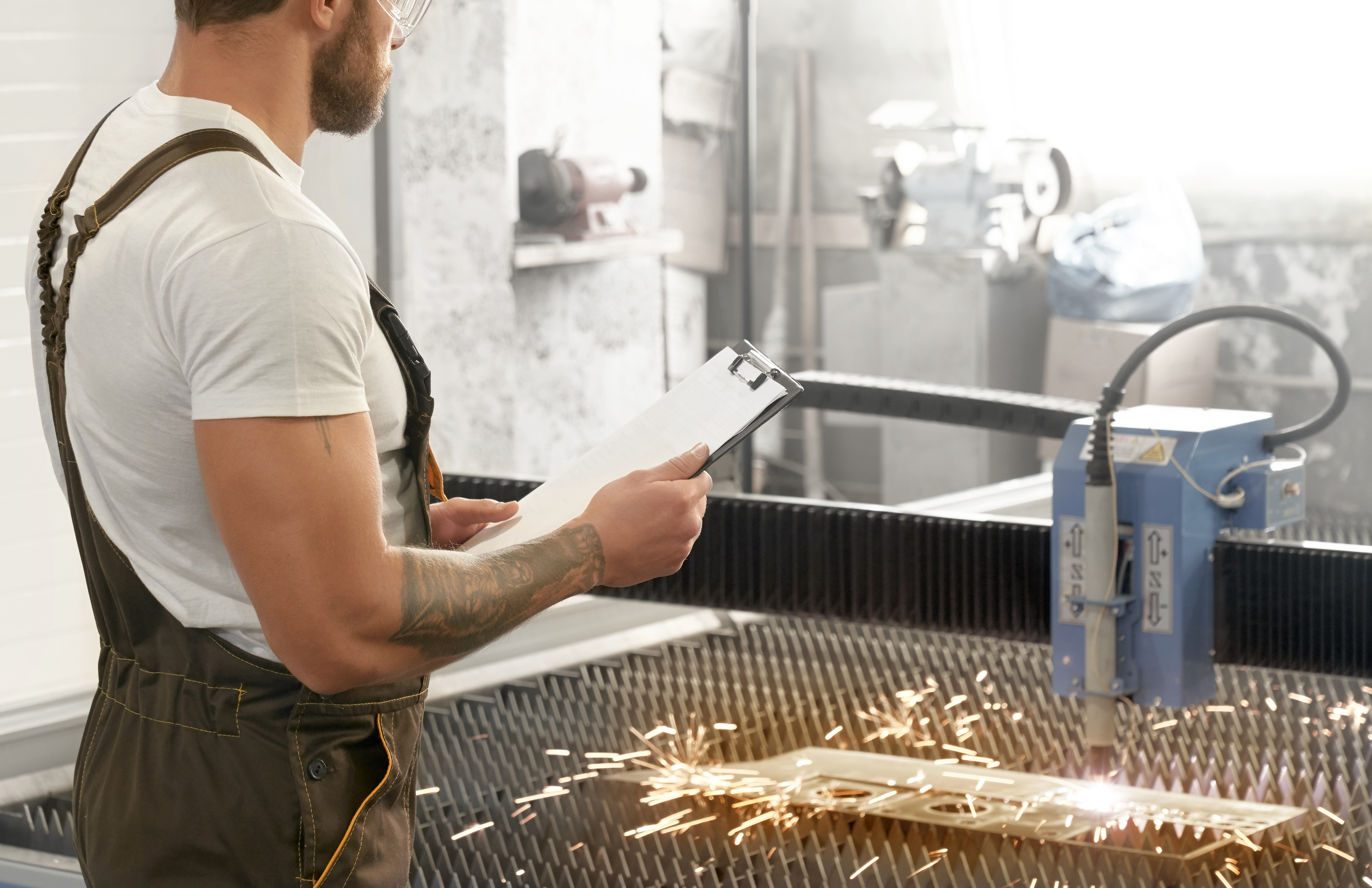
7. Leading Manufacturers Compared: Side‑by‑Side Snapshot
Here is a side‑by‑side summary to quickly compare some of the top manufacturers on key parameters. (Note: “✔” indicates strong / commonly available; “◐” indicates moderate; “✘” indicates less common or weak in that dimension.)
| Manufacturer | Build Quality & Precision | After‑Sales Support | Range of Machine Types | Customization | Price Tier (Low / Mid / High) |
| Zeometrix | ✔ High | ✔ Good | ✔ Good | ✔ Strong | High |
| Ace Micromatic | ✔ High | ✔ Very Good | ✔ Very Broad | ✔ Strong | Mid‑High |
| Macpower | ✔ High | ✔ Good | ✔ Good | ◐ Moderate | Mid |
| LMW | ✔ High | ✔ Good | ✔ Broad | ◐ Moderate‑High | High |
| Patson Machines | ◐ Moderate | ◐ Moderate | ◐ Moderate | ✔ Flexible | Mid‑Low |
| SKS Automation | ◐ Moderate | ◐ Moderate | ✔ Diverse (not always best in heavy duty) | ✔ Good, especially for non‑metal or laser etc. | Mid |
| HMT Machine Tools | ✔ Good (heritage) | ✔ Good (especially for institutional clients) | Broad | ◐ Limited custom‑edge vs boutique firms | Mid |
8. What to Watch Out For: Common Pitfalls & Risks
When selecting a manufacturer, there are some common traps or risks. Awareness helps you avoid them.
- Under‑spec’d machines: Buying a machine that looks good on paper but whose build / bed / spindle / controller is weak, so actual performance lags.
- Hidden operating costs: Poor cooling, vibration, hard‑to‑source spare parts increase maintenance costs.
- Overpromising delivery times: Especially for custom machines, there are delays in tooling, controller installation, calibration.
- Poor after‑sales service: Long delays for spares, poor support, no on‑site engineer.
- Lack of training & documentation: Operators may struggle without proper manuals, training, or local support.
- Ignored environmental factors: Temperature changes, floor vibration, power stability—all can degrade machine performance if not accounted for.
9. Example Scenarios: Matching Manufacturer to Need
To make this more concrete, here are a few hypothetical scenarios and which manufacturer might make the best fit in each case.
| Scenario | Best Manufacturer(s) | Why |
| A startup making precision medical implants, low volume but very tight tolerances | Zeometrix | Strong in precision, good QC, excellent after‑sales |
| A mid‑sized automotive component firm wanting 5‑axis milling centres for batch production | Ace Micromatic, BFW | Broad machine range, durable machines, good support |
| A small metal fabrication workshop needing routers, laser cutters, straight‑forward VMCs | Patson or SKS Automation | Lower cost, flexibility, enough capability for less demanding tolerances |
| An institution or government R&D lab that needs general purpose machines with institutional warranties and longer life | HMT, BFW | Legacy, proven track record, stability, existing presence in institutional setups |
10. Cost Ranges & What to Expect
While specific pricing varies a lot depending on configuration, features, size etc., here are rough ballpark ranges in the Bangalore / Indian market as of 2024‑2025:
| Machine Type | Lower‑end / Entry | Mid‑range | High‑end / Premium / Multitasking |
| CNC Lathe (basic, small swing) | ₹5‑15 lakh | ₹15‑40 lakh | ₹40‑100+ lakh depending on features like live tooling, sub‑spindle, etc. |
| Vertical Machining Centre (medium work envelope, moderate spindle) | ₹15‑30 lakh | ₹30‑60 lakh | ₹60‑150+ lakh for large machines, high rpm, thermal control, etc. |
| Multiaxis or special purpose machines | ₹50‑100+ lakh depending heavily on complexity |
Also, expect additional costs for freight, installation, commissions, operator training, tooling & fixtures. Always plan a buffer.
11. Future Trends in CNC Machine Manufacturing in Bangalore
Looking forward, some trends are likely to shape which manufacturers pull ahead:
- Greater adoption of automation: tool changers, robotic part loading, lights‑out machining.
- Smart / connected machines: IoT sensors, predictive maintenance, real‑time machining data.
- Focus on energy efficiency, thermal stability, eco‑friendly features.
- Growing demand from exports, medical devices, aerospace—leading to tighter tolerances, higher premium for QC and certification.
- More smaller firms entering with niche machines (e.g., for composites, prototyping, small‑batch precision) which can be more flexible.
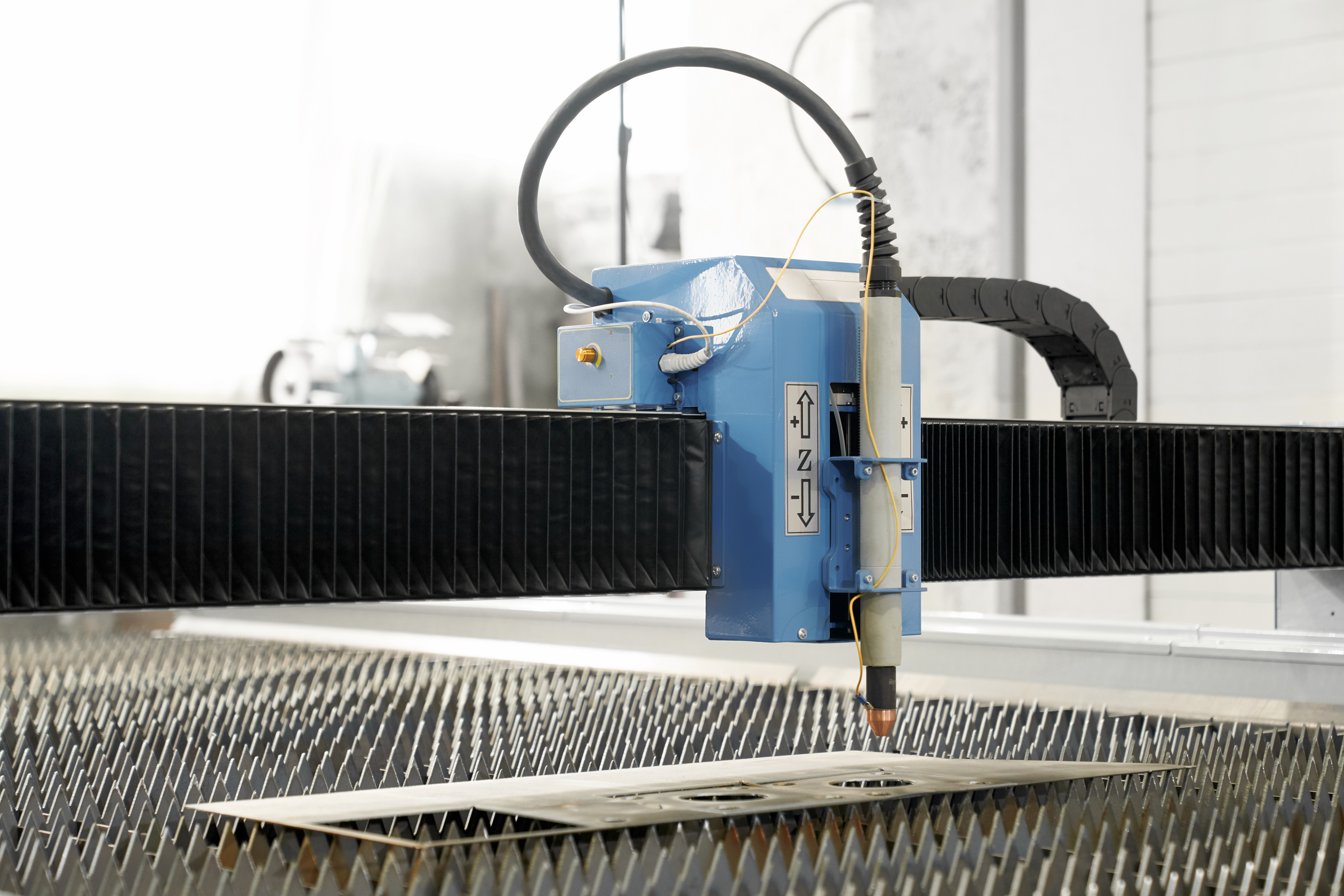
Conclusion
If you are hunting for the top CNC machine manufacturers in Bangalore, what matters most is matching your technical, precision, and budget needs with what the manufacturer offers. The big brands like BFW, Ace Micromatic, Macpower stand out for high build quality, broad machines, good after‑sales. Smaller or mid‑size firms like Patson, SKS Automation offer more accessible entry points and flexibility, particularly for less demanding applications or when you need faster custom work.
Here’s a final decision‑checklist:
- Clarify your desired machine type, tolerance, material, batch size.
- Review manufacturer credentials: machines, precision data, support network.
- Calculate not just purchase cost but ownership cost, downtime, spares.
- If possible, get demos or visit factories.
- Prioritize service, training, warranty.
